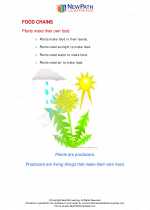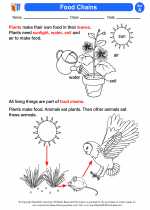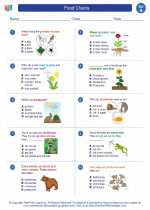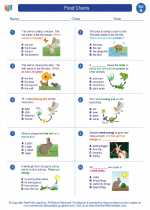Bacteria
Bacteria are single-celled microorganisms that can be found in a wide range of environments, including soil, water, and even inside the human body. They come in various shapes and sizes, and can have different effects on their surroundings. Some bacteria are beneficial and play important roles in processes such as digestion and nutrient recycling, while others can cause diseases.
Characteristics of Bacteria
- Structure: Bacteria are prokaryotic cells, meaning they lack a true nucleus and other membrane-bound organelles.
- Shapes: Bacteria can be spherical (cocci), rod-shaped (bacilli), or spiral (spirilla).
- Mobility: Some bacteria have flagella that allow them to move, while others are non-motile.
- Reproduction: Bacteria reproduce asexually through binary fission, where a single cell divides into two identical daughter cells.
Roles of Bacteria
Bacteria play crucial roles in various ecological processes, such as nitrogen fixation, decomposition, and symbiotic relationships with other organisms. They are also used in industrial processes, such as the production of antibiotics, and in the food industry for fermentation.
Study Guide
- What are the two main types of bacteria based on their response to oxygen?
- Describe the structure of a typical bacterial cell.
- Explain the process of binary fission in bacteria.
- Discuss the beneficial and harmful roles of bacteria in the environment and human health.
- Provide examples of industrial and commercial applications of bacteria.
Understanding the characteristics and roles of bacteria is important for understanding microbial ecology, human health, and biotechnology. By studying bacteria, we can gain insights into the diversity of life and the impact of microorganisms on our world.
[Bacteria] Related Worksheets and Study Guides:
.◂Science Worksheets and Study Guides First Grade. Food Chains

 Activity Lesson
Activity Lesson
 Worksheet/Answer key
Worksheet/Answer key
 Worksheet/Answer key
Worksheet/Answer key
 Worksheet/Answer key
Worksheet/Answer key
 Worksheet/Answer key
Worksheet/Answer key
 Vocabulary/Answer key
Vocabulary/Answer key
 Vocabulary/Answer key
Vocabulary/Answer key
